Did you know that pelvic floor dysfunction can affect ANYONE?
WHAT IS THE PELVIC FLOOR?
The pelvic floor is a group of muscles that is located in the pelvis between your pubic bone and tailbone. Those muscles help support the bowel and bladder as well as the uterus and vagina in women.
WHAT IS PELVIC FLOOR DYSFUNCTION
Pelvic Floor Dysfunction (when your pelvic floor muscles aren’t working as they should be) is a fairly common issue that affects people of all genders. It occurs when you are not able to properly coordinate your pelvic floor muscles because they have become weakened or injured.
SYMPTOMS OF PELVIC FLOOR DYSFUNCTION
Symptoms of Pelvic Floor Dysfunction can be wide ranging. Some symptoms can be more obvious such as urinary incontinence (including stress incontinence), overactive bladder (and bowels), increased urinary frequency (any urine leakage is not considered normal and can be treated!), while some are less obvious such as pain with sexual intercourse or persistent low back or sacroiliac joint pain.
WHAT IS PELVIC FLOOR PHYSIOTHERAPY
Pelvic Floor Physiotherapy is a specially trained postgraduate area of physiotherapy. They are able to help manage and treat a wide range of pelvic conditions through manual therapy and exercise-based treatment. These treatments have proven to be an effective way to manage issues related to the pelvic floor.
WHAT TO EXPECT
Your initial assessment will begin with a thorough relevant medical history and questions regarding your symptoms. To ensure your clinician has a good understanding of all the factors involved, they will ask you questions about your past medical history including: obstetric history, previous surgeries, medications, and in-depth questions about your symptoms and future goals.
Your physiotherapist will then perform an external assessment focused on the strength and movement in your hips, pelvis and spine.
Lastly, an internal examination (vaginal and/or rectal) can be performed to determine the strength and tension of the pelvic floor muscles to further understand how they may be contributing to your symptoms.
Upon completion of the initial assessment, your pelvic floor physical therapist will discuss their findings and work together with you to propose a treatment plan.
COAST is excited to now offer treatment for pelvic floor dysfunction. Physiotherapist Jelena Toma specializes in perineal and pelvic rehabilitation.

